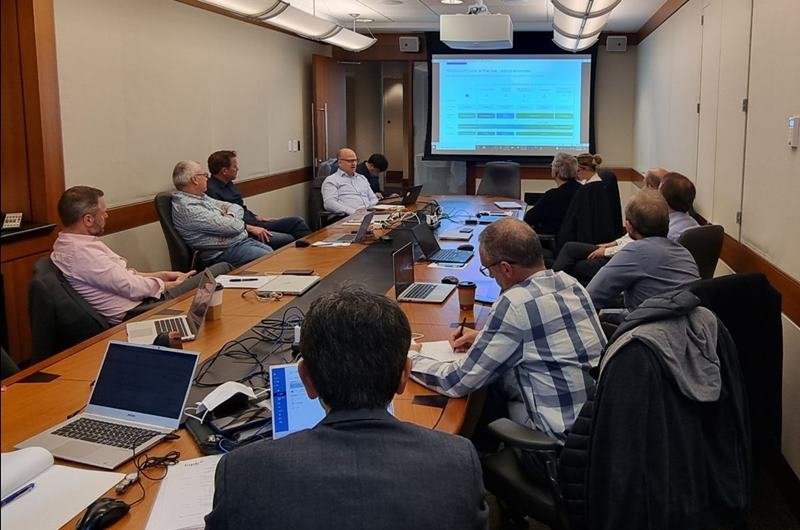The IAPH Clean Marine Fuels (CMF) Working Group has published a total of six new checklists, which cater for both ship-to-ship and truck-to-ship bunkering operations of liquefied gasses as a marine fuel at ports.
Following the sterling work of the members of the working group, these checklists, which are applicable to LNG and liquefied biogas, but also to liquid hydrogen, will contribute in a very concrete way towards the energy transition of shipping.
The harmonised bunker checklists reflect the extra requirements of ports about safe bunkering operations of alternative marine fuels in or near their port environment. By using such bunker checklists, a high level of quality and responsibility of the bunkering operators can be obtained. They will also be of great benefit to vessels and their crews bunkering in other ports because it will reduce the potential confusion caused by having to comply with different rules and regulations in different ports.
The checklists can be obtained by registering, accepting terms and conditions and then downloading the checklists from the IAPH Clean Marine Fuels Working Group portal
IAPH is a non-governmental organization (NGO) headquartered in Tokyo, Japan. In November 1955, some 100 world port leaders gathered in Los Angeles to announce the creation of IAPH. Over the past six decades, IAPH has developed into a global alliance of ports, representing today some 160 ports and 120 port-related businesses in 87 countries. The member ports together handle well over 60% of the world’s sea-borne trade and over 60% of the world container traffic. To make IAPH more relevant for its members and more widely promoted in the world port and maritime community, IAPH adopted a new Constitution in 2016. It was the first time in its history spanning over 60 years that the constitution was rewritten entirely to meet the demands of the day. It was no doubt an epoch-making event in its history.
Media & Press Release IAPH International Assosiation of Ports and Harbors

